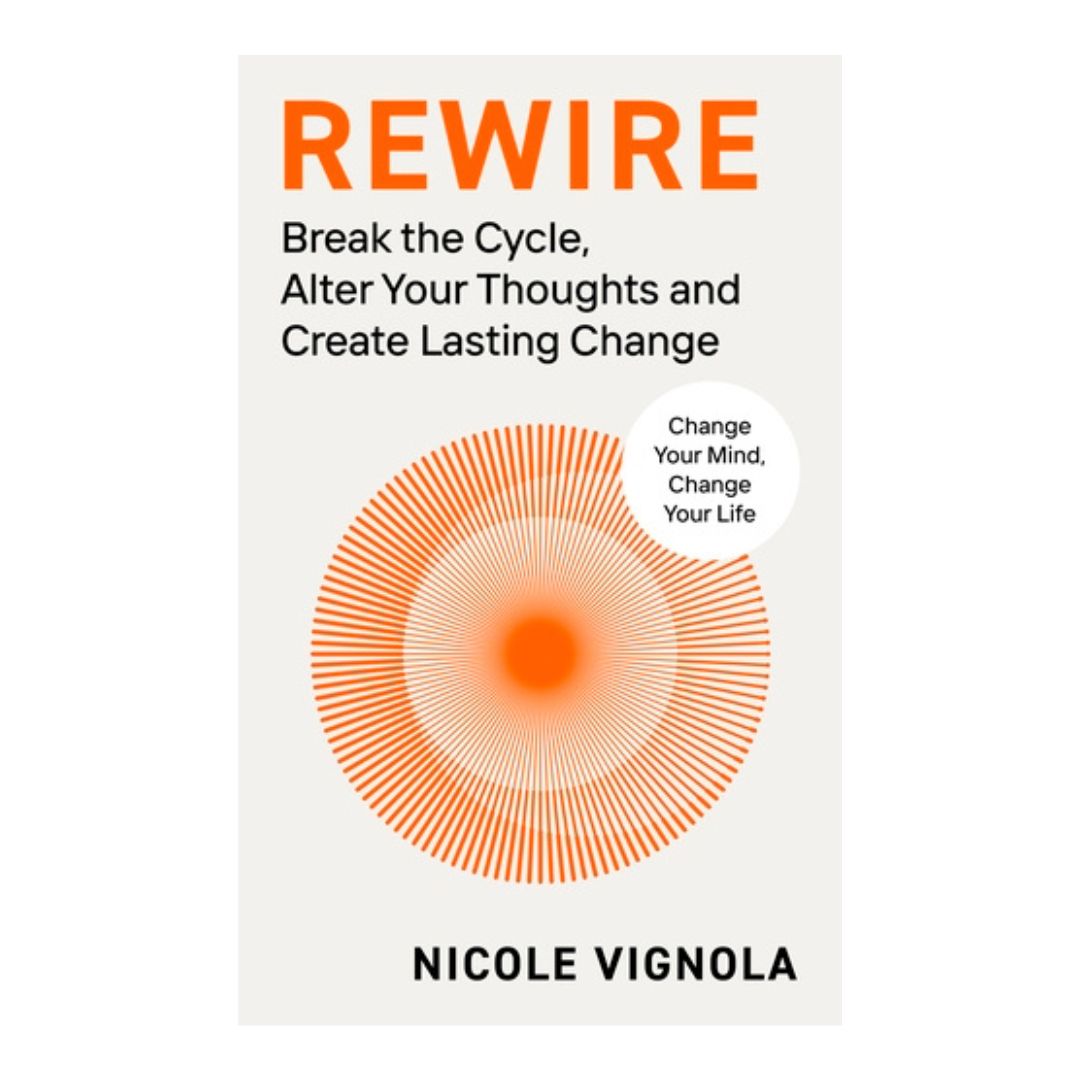I tried a neuroscientist's top productivity tips - and while I'm hard to impress, I've been blown away
Keen to up the ante?
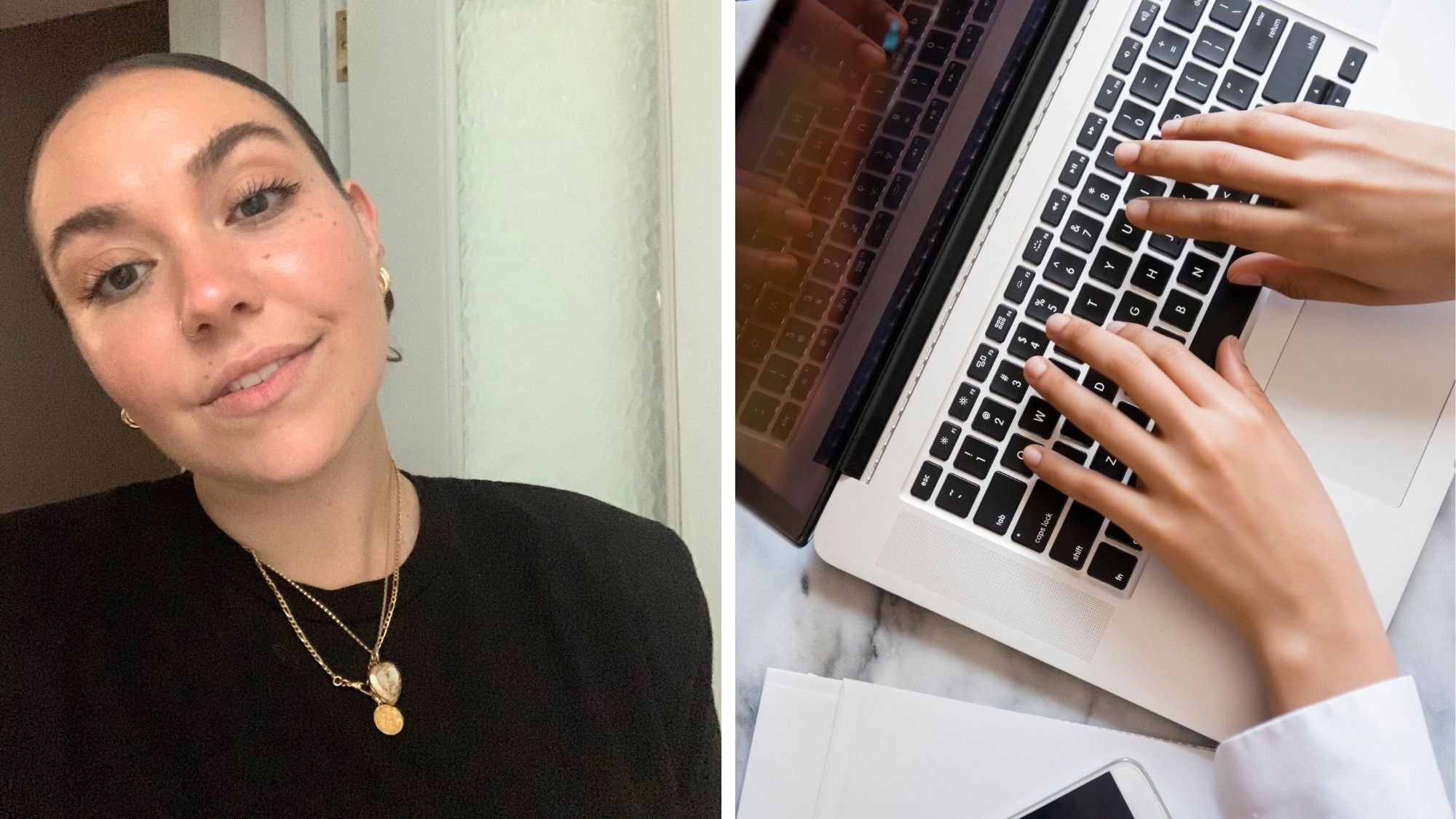

While attempting to write this feature I have, in no particular order: refilled my water glass, eaten a snack, refreshed my email, gazed out of the window, set five separate alarms in a bid to time-block my afternoon, retrieved a Diet Coke from the fridge, guzzled said can of DC, refreshed my email a second (perhaps third) time, taken a toilet break, gazed out of the window some more, spent at least a minute considering a second Diet Coke. It’s not that I don’t want to write this article – I’ve been excited about it for weeks. It’s that I have a real issue with focus, and despite trying all the productivity tips I’ve been fed by social media "experts" and book authors who have bound and published their hacks promising turbocharged productivity pre-8 am, I’m yet to overcome it.
It’s one of the things I find most frustrating about myself, and what’s worse is that it feels completely out of my control. Sometimes, when I try to write, my mind morphs into what I can only describe as the shop floor in Oxford Street Primark. Or one of those huge, warehouse-style American thrift stores. While there may be some gems lurking, you have to sift through the chaos in order to reach them. I rummage around in my mental word bank for an introductory sentence that feels a perfect balance of engaging and on-topic, while remaining concise (you’ll see I failed the third point this time around), but there’s so much clutter up there it feels overwhelming.
When I mentioned this problem to Dr David Spiegel, associate chair of psychiatry at Stanford School of Medicine and founder of self-hypnosis app Reveri, a couple of weeks ago, he suggested that my issue may be focussing too much on the outcome - in other words, feeling so much pressure to please that being present and getting started feels impossible. It’s not a thorough analysis, but it feels pretty accurate. That said, the mental effort of overcoming the paralysis I experience and then completing the task at hand is taking its toll, affecting everything from my energy levels to my confidence. But where do you turn when you’ve tried all the productivity tips in the (self-help) book? To neuroscientist and author of Rewire: Your Neurotoolkit for Everyday Life, Nicole Vignola.
To read her top productivity tips, keep scrolling. Don't miss one MC UK staffer's productivity planner review and our edit of the best wellness planners, while you're here.
6 productivity tips from a neuroscientist
Why do I sometimes struggle to be productive?
When I ask Vignola what’s going on in the brain when we lack motivation and struggle to be productive, she says that what we’re witnessing is fluctuations in dopamine, a neurotransmitter made in the body that sends messages between nerve cells.
While it’s often associated with pleasure, dopamine is also understood by neuroscientists to play a major role in reward-motivated behaviour and therefore influences productivity. Your brain releases dopamine when you’re anticipating a reward or when you engage in an activity you find enjoyable, making you want to repeat the behaviour to experience the pleasure associated with it again. This explains why, for instance, you may feel more motivated to finish a full 5k only after you’ve actually started the run, and why you didn’t feel that motivated before tying your laces.
In a 2020 study, researchers explored whether dopamine may influence how the brain determines if a mental task is worth the effort or not. Fifty participants, aged between 18 and 43, were asked to choose between a number of memory tasks of varying difficulties after having their natural dopamine levels measured. The study found that those with higher dopamine in a specific area of the striatum (a part of the brain associated with decision-making) were more likely to focus on the benefits and therefore choose to complete the more challenging tasks. Those with lower dopamine levels focussed more on the perceived cost of completing a task, or task difficulty.
Marie Claire Newsletter
Celebrity news, beauty, fashion advice, and fascinating features, delivered straight to your inbox!
What I need, it therefore seems, is a set of tools for managing my dopamine levels. Here, Vignola shares her best productivity tips for morning, afternoon and evening.
@thewerklife ♬ Music Sounds Better With You x Fake ID - J-Key
Morning productivity tips
1. Hydrate
“Hydration first thing is probably the most important morning routine idea because even 2% dehydration can negatively impact your productivity,” says Vignola. “Think about it: your brain operates by communicating neuron to neuron in the presence of water exchanging electrolytes, whether that be sodium, potassium, calcium, or magnesium."
But think about it - when you sleep, your body goes hours without hydration. “So if the 2% dehydration can cause mild and temporary cognitive decline, then after twelve hours, your brain is dehydrated,” says Vignola.
This is her one productivity tip I’m already pretty rigid on. I drink a lot of water throughout the day – particularly in the morning and after exercising. It means that this hack is one that I’m unable to test, because it’s already an ingrained habit for me. That said, I’m aware of subtle shifts to my productivity levels when I take a water break while working – and working out.
2. Avoid social media
The worst thing you can do, if you’re counting on a productive day, is check social media in the morning, according to Vignola.
“When you use social media your dopamine spikes and then drops a little bit below baseline,” she explains. This is because you’re constantly exposed to new information, continuously anticipating the next funny reel.
When you’re engaging in something your brain considers to be very rewarding, such as scrolling on socials, anything that comes after feels a bit dull. “Now all of a sudden you don’t have exercise motivation because social media is way more fun than getting out of bed and going to the gym.” You also risk falling down a rabbit hole for the rest of the day, as your brain continues to try to quell its desire for more dopamine.
Vignola advises avoiding this by prioritising other health-boosting morning habits ahead of jumping on Instagram, such as mindful movement, meditation and breakfast. It’s not easy when many of us are in the routine of checking social media for news and using it to connect with friends and colleagues, but it’s important.
Over the last week or so, I’ve successfully made it to many of my morning gym workouts without rescheduling to later in the day, and I’m sure it’s down to simply steering clear of social media until later in the day. On the days I do scroll first thing, my priorities become jumbled, and I feel unsure where to start with my to-do list. I end up scrapping anything that doesn’t feel urgent, which always ends up being the most fun and fulfilling activities, such as working out and socialising, in favour of meeting work deadlines. On the days I manage to avoid my phone in the mornings, I’m able to get to the gym (or complete another task) without distraction, and not only does my day end up being more productive, but I feel happier, too.
3. Move your body
Struggle to workout first thing? Our expert has some advice for you. Her best tip is to lower the barrier to entry – committing to ten minutes of activity instead of 45, if it makes it easier for you to get going. Chances are, she says, once you get started you’ll feel increasingly motivated to finish the session. “You may do five reps of an exercise and then realise you can manage ten, because as you're working out that you're raising dopamine levels which make you feel better about the task at hand.”
It'll also make skipping a scroll first-thing more manageable, she shares. While scrolling on social media may feel tempting first thing in the morning (it’s an easier, faster route to increased dopamine), it’s a short term reward. “The general rule of thumb for dopamine is that effort needs to be involved to attain the reward. When that happens, dopamine still spikes, but it's a sustainable one, so there's not a volatile crash and dip where you're kind of chasing that feeling.” says Vignola. That’s why, she says, you feel less inclined to want to go on social media after you’ve exercised - “because your dopamine and other neurochemicals are higher, making you feel good, and you have less of a need to get reward from something that's a cheap thrill.
My reality is that if I don’t workout in the morning I’m almost certainly not doing it. As the day goes on and more tasks fall onto my plate, exercise begins to feel like a luxury I don’t have time for. When I do as Vignola instructs, however, and get to the gym before I’ve had time to consider my to-do list and my inbox, the session’s complete before I know it and I have a more positive outlook for the rest of the day. I feel that, even if I’m not as productive in my workday as I want to be, I have at least done something – something that’s good for my wellbeing – which is motivating in itself.
@loewhaley ♬ In The Forest (Acoustic Indie No Copyright) - Instrumental - Lesfm & Olexy
Evening productivity tips
Chatting with Vignola, it becomes immediately clear that the process of encouraging productivity begins much sooner than you may think. While blasting your favourite playlist may help to psych you up for a workout, if you were up late doom-scrolling the night before, then motivating yourself to move will require much more effort.
4. Avoid screens after 11pm
“We have an area of the brain called the habenula, which basically helps create dopamine and be stimulated by artificial light. Not just blue light, all lights,” Vignola says. “So if you're looking at a screen past 11 pm, it has detrimental effects on your dopamine production.” She explains that this manner of stimulation shifts the entire cicada rhythm of dopamine production, which means that you can wake up feeling demotivated. “That for me is huge because you're essentially setting yourself up for failure the night before by scrolling on your phone.”
Late night scrolling is a habit I need to crack. The trouble is, when work feels full-on during the day, I crave mindless activity in the evenings to help me switch off. The irony is, binge-watching my latest series obsession and scouring the web for scalloped lamp shades is ensuring my brain stays decidedly switched on.
One night, while testing Vignola’s productivity tips, I turned aeroplane mode on at 9 pm and settled on the sofa for a series episode before bed. Without the zombie-style scrolling and simultaneously ogling the TV, I didn’t feel as compelled to continue watching past the point of a reasonable bedtime. Instead, I took myself to bed at 10pm and read a few pages of my book. I didn’t experience the resistance I usually do when I have to mentally shift gears to hoist myself off the sofa and to bed. In fact, it felt easy and enjoyable.
While I wasn’t surprised, necessarily, when I woke up the next morning feeling significantly more refreshed and motivated than usual, I was taken aback by how quickly you can experience the impact of such a simple intervention.
5. Put your phone in another room
If aeroplane mode isn’t enough to deter you from scrolling, Vignola recommends physically removing the phone.
“Sometimes I'll be watching TV, and I really want to scroll on my phone – I'm trying really hard to not do the two together,” she says. “I can feel myself wanting to grab my phone, so what I'll do is I'll go and I'll put it in the kitchen and then I come back and I watch TV. The first ten minutes are hell. And then, after that, I'm like, oh God, it's so nice not having my phone here.”
She explains that this discomfort, when you feel compelled to scroll but can’t is your dopamine system resetting. “If you keep giving into it it's just going to tilt that scale even more and then the pain is going to be bigger.”
When most of us have a comfort blanket-style relationship with our devices, it makes sense that being physically separated would feel unpleasant to begin with. However, it’s a simple intervention that I personally rate for encouraging me to be present.
If my phone is close to hand, every task takes me much longer and gets much less of my attention, than when it’s not. If I’m not fielding Whatsapps while working I’m Googling the cast of whichever movie I’m watching. When testing Vignola’s productivity tips, I try leaving my phone on charge in the kitchen while I chill in the living room, and I let it sit unoccupied in the bedroom while I muddle through work tasks. I feel a physical relief when we’re separated, like a handful of jobs have been scratched from my to-do list, and I feel as though I have more clarity where my priorities are concerned. It’s frightening how much better I feel without a device present, if not at all surprising.
6. Prioritise quality sleep
You won’t be surprised to hear that sleep has a huge impact on your ability to be productive. “When you sleep, your body releases testosterone and growth hormone – everyone needs these hormones to feel replenished,” says Vignola.
“When you go into deep sleep, you have something called a lymphatic system which helps you essentially clear out the toxins built up in the brain throughout the day. If you don't sleep well for a few days in a row, and this process can’t take place, you start feeling irritable, you're kind of snappy, you've got a short fuse and that's all because of this kind of a toxin build-up.”
I’m fortunate that I don’t usually experience any difficulty dropping off to sleep, despite my less than ideal evening routine. However, I often don’t allow myself a big enough window to get as much sleep as it feels as though my body needs. I used to feel fine after six or seven hours – now, given the chance, I’d sleep for eight to ten hours before waking naturally which feels kind of inconvenient, given the amount of things I need to cram into my days.
For the sake of this experiment, I take a more relaxed approach to my mornings, delaying my alarm until 8 or 8.30am and heading to bed an hour earlier the night before. I can’t quite believe how good I feel the following morning - motivated and energised for a productive day ahead.
What happened when I tried Nicole Vignola’s productivity tips
Obviously, my focus frustrations weren’t cured by a few days spent trialling productivity tips. That said, whenever I did implement Vignola’s advice, it impacted my entire day – for the better. Her recommendations for phone and social media use, in particular, have had astoundingly positive effects on my mood and mental health, but what’s funny is that they feel impossible to implement permanently.
This makes sense – on difficult or unexciting days we may seek more dopamine, which could lead to increased phone (specifically, social media) use. Having this new awareness of how my brain and body respond in these situations, however, makes it easier to enforce boundaries when I need to.
I’ve already integrated Vignola’s productivity tips into my personal toolbox of habits to support my mental wellbeing and will continue to do so. I’d also really recommend you try the same for both a mental and physical health boost.
Shop MC UK's go-to products now:

Abbi Henderson is a freelance journalist and social media editor who covers health, fitness, women’s sport and lifestyle for titles including Women's Health and Stylist, among others.
With a desire to help make healthcare, exercise and sport more accessible to women, she writes about everything from the realities of seeking medical support as a woman to those of being a female athlete fighting for equality.
When she’s not working, she’s drinking tea, going on seaside walks, lifting weights, watching football, and probably cooking something pasta-based.
-
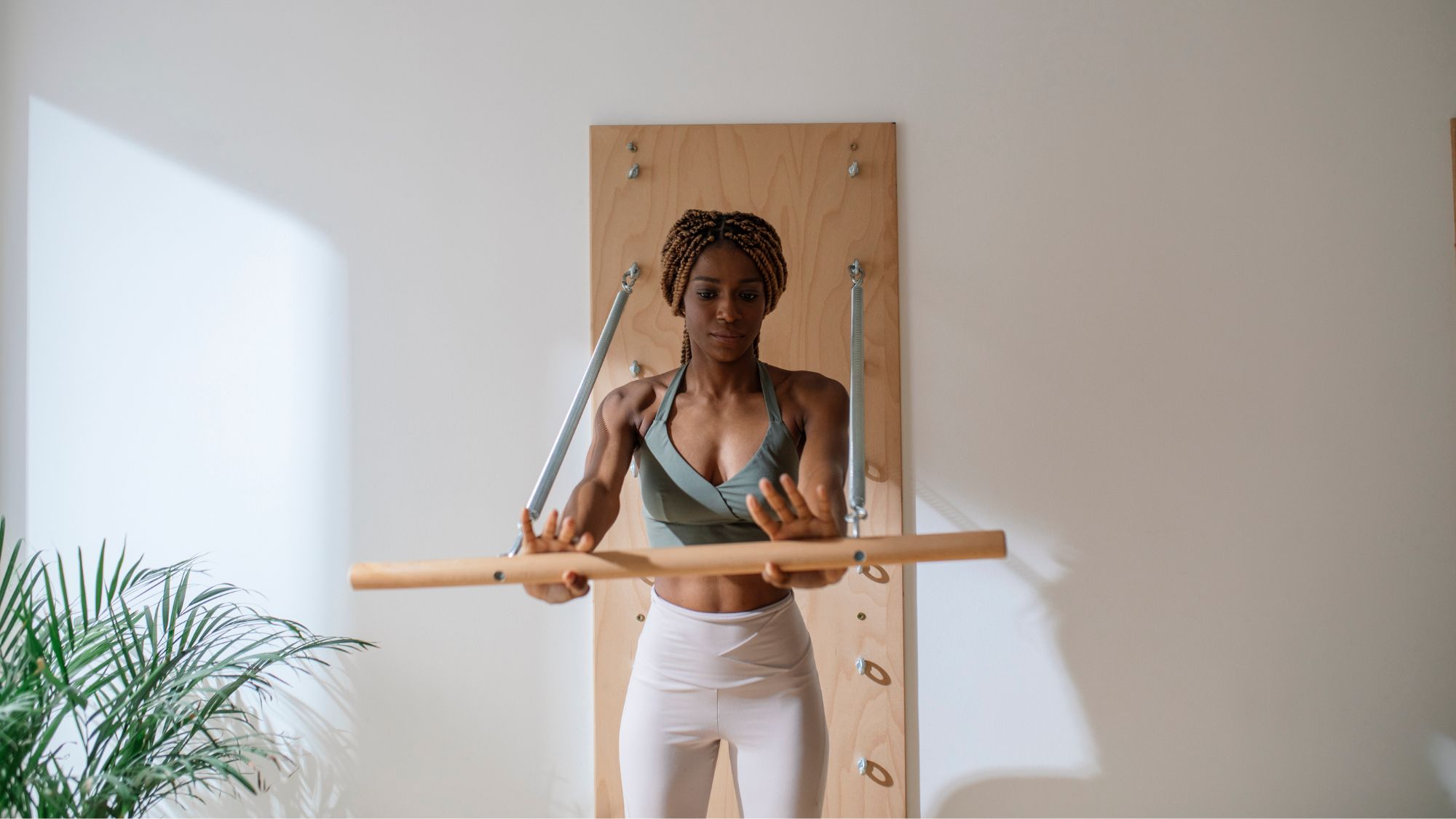 Stop what you're doing: these are, hands down, the best wall Pilates workouts for the core, according to top instructors
Stop what you're doing: these are, hands down, the best wall Pilates workouts for the core, according to top instructorsRigs at the ready.
By Katie Sims
-
 9 elegant mother of the bride outfits that will work for any wedding setting
9 elegant mother of the bride outfits that will work for any wedding settingChic suits and floral frocks, included
By Lauren Cunningham
-
 “I regret…him” — Brides reveal their biggest Wedding Day regrets
“I regret…him” — Brides reveal their biggest Wedding Day regretsEverything 7 brides wish they knew before their big day
By Mischa Anouk Smith
-
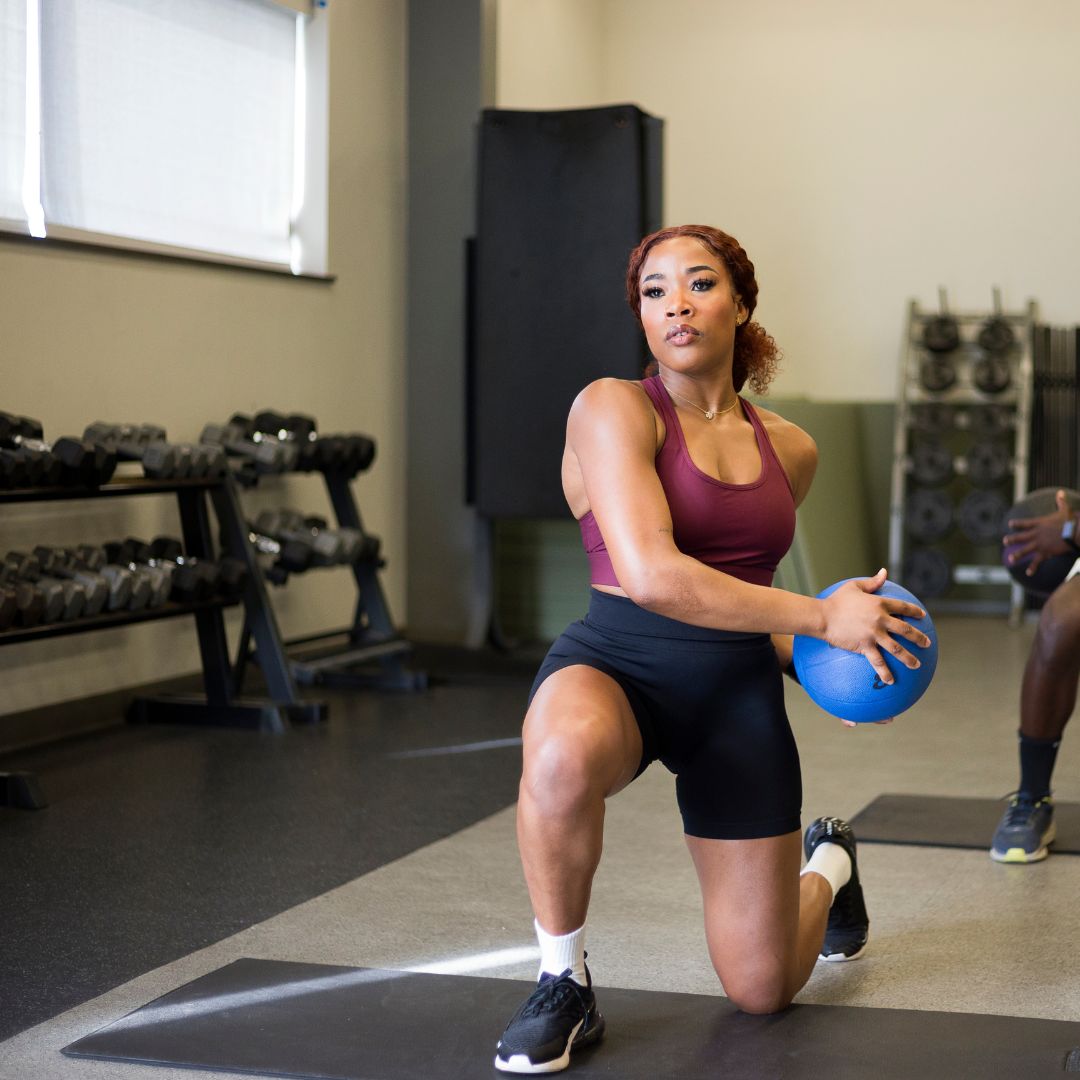 Ever wondered which is more effective: weekend or weekday workouts? PT's share the definitive answer
Ever wondered which is more effective: weekend or weekday workouts? PT's share the definitive answerAre you team weekdays or weekends?
By Ally Head
-
 How to cope with bad news — 4 expert tips for dealing with distressing global events
How to cope with bad news — 4 expert tips for dealing with distressing global eventsHow to stay engaged with current events without getting overwhelmed
By Mischa Anouk Smith
-
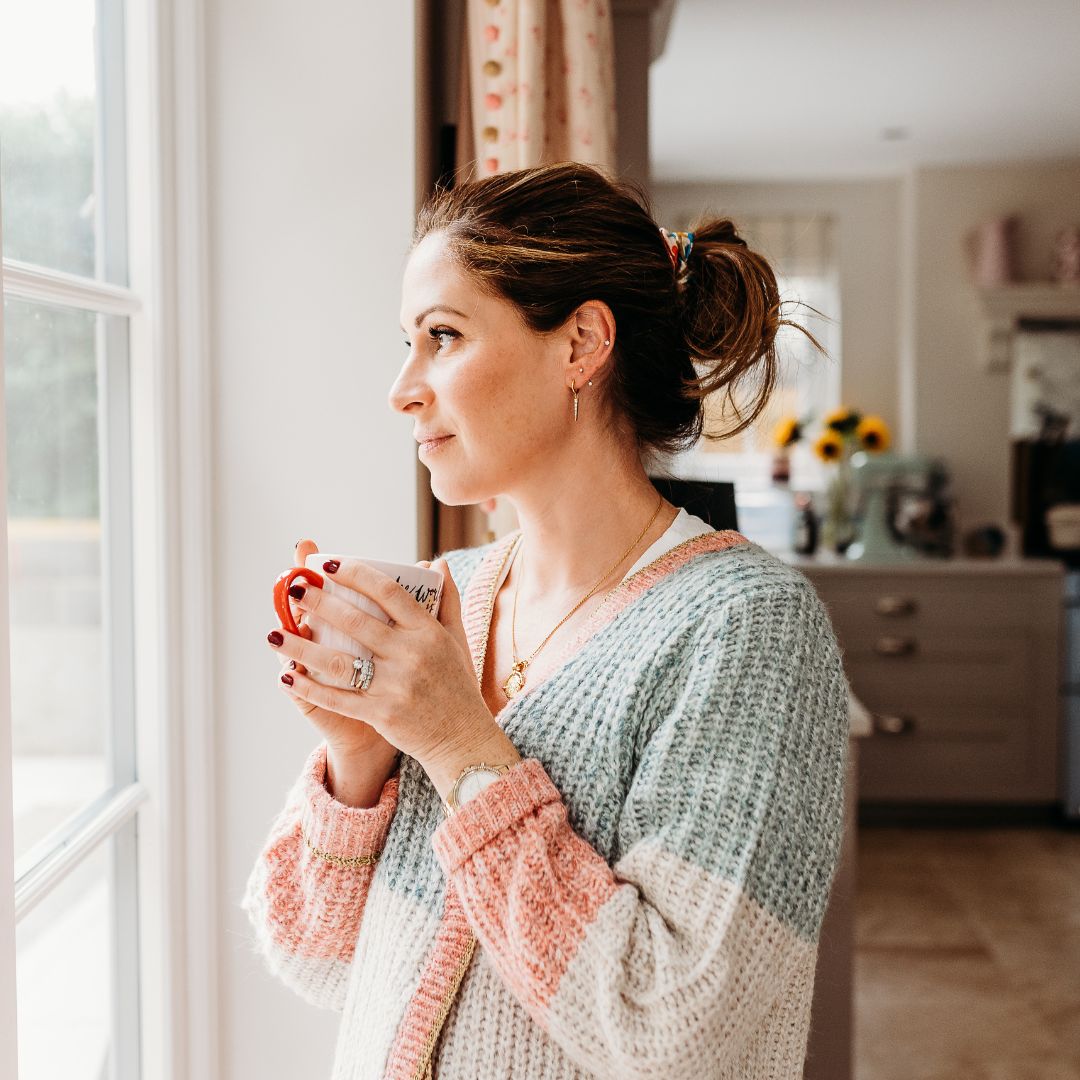 I've been struggling to focus so tried the Pomodoro technique for a week - and it's been game-changing for my productivity and stress levels
I've been struggling to focus so tried the Pomodoro technique for a week - and it's been game-changing for my productivity and stress levelsGrab those timers.
By Anna Bartter
-
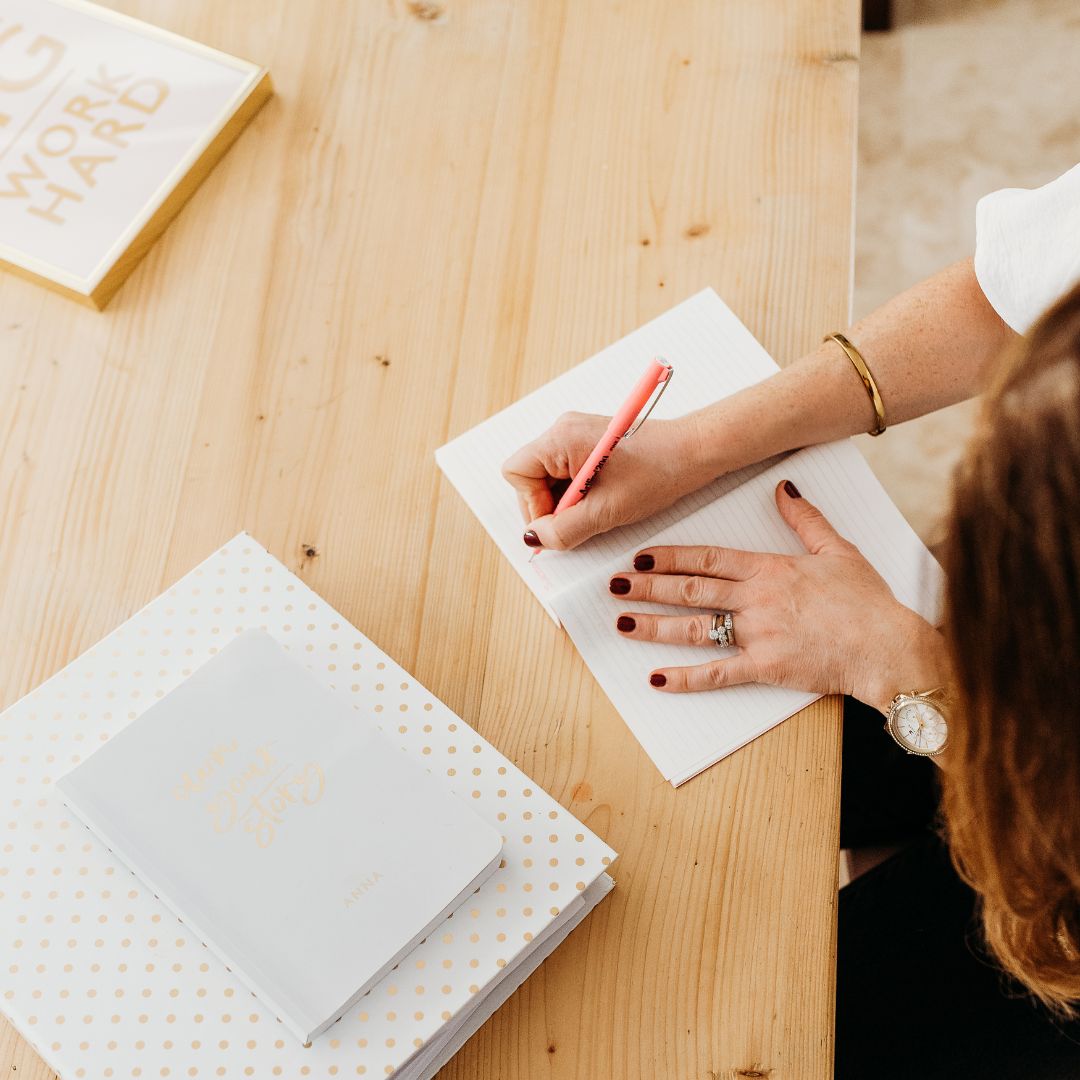 I used a self-improvement journal every morning and evening for a week – and was surprised by what happened to my productivity and mental health
I used a self-improvement journal every morning and evening for a week – and was surprised by what happened to my productivity and mental healthPen and paper at the ready.
By Anna Bartter
-
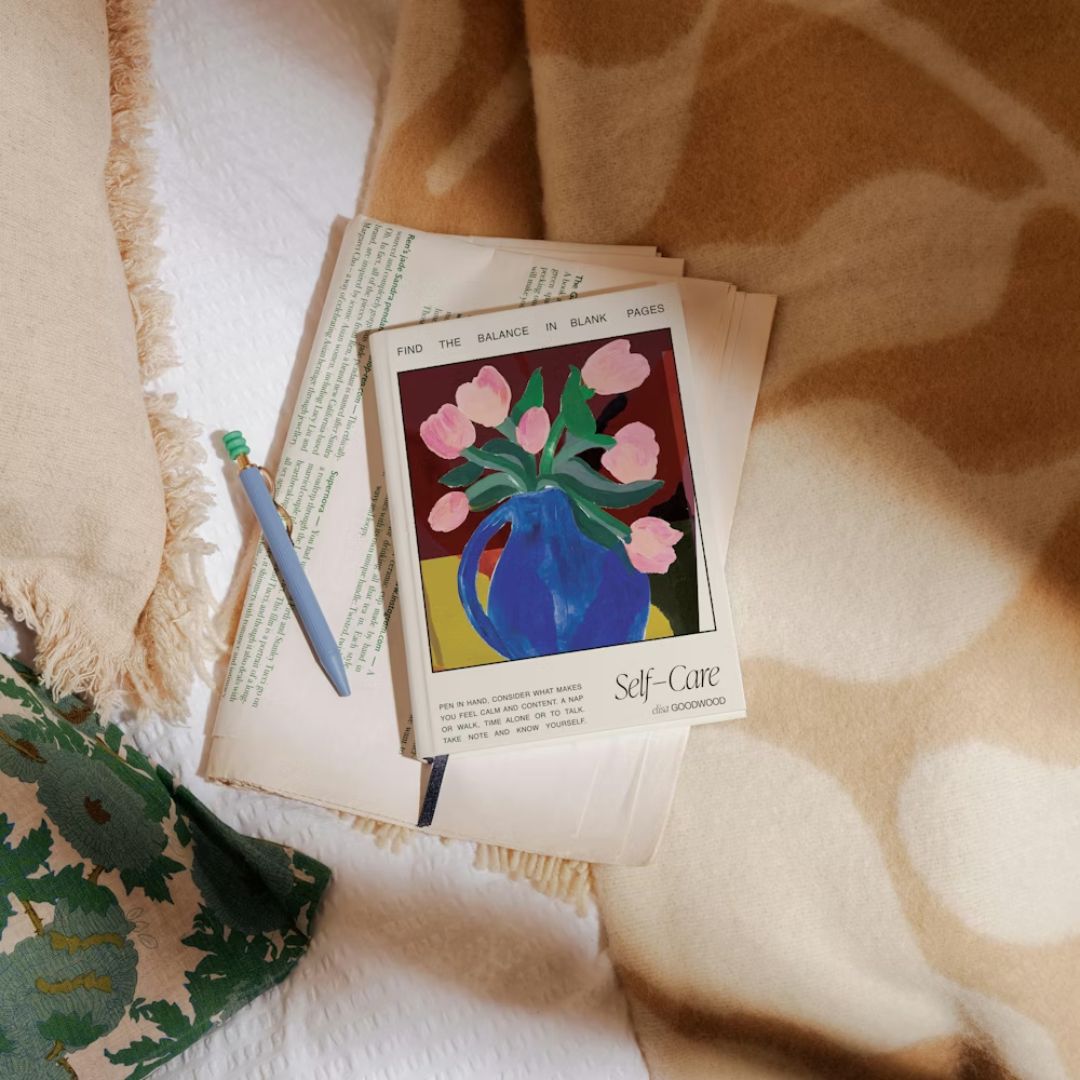 Wellness journals promise to boost productivity, gratitude and calm - 13 best to add to basket
Wellness journals promise to boost productivity, gratitude and calm - 13 best to add to basketTried and tested by team MC.
By Grace Lindsay
-
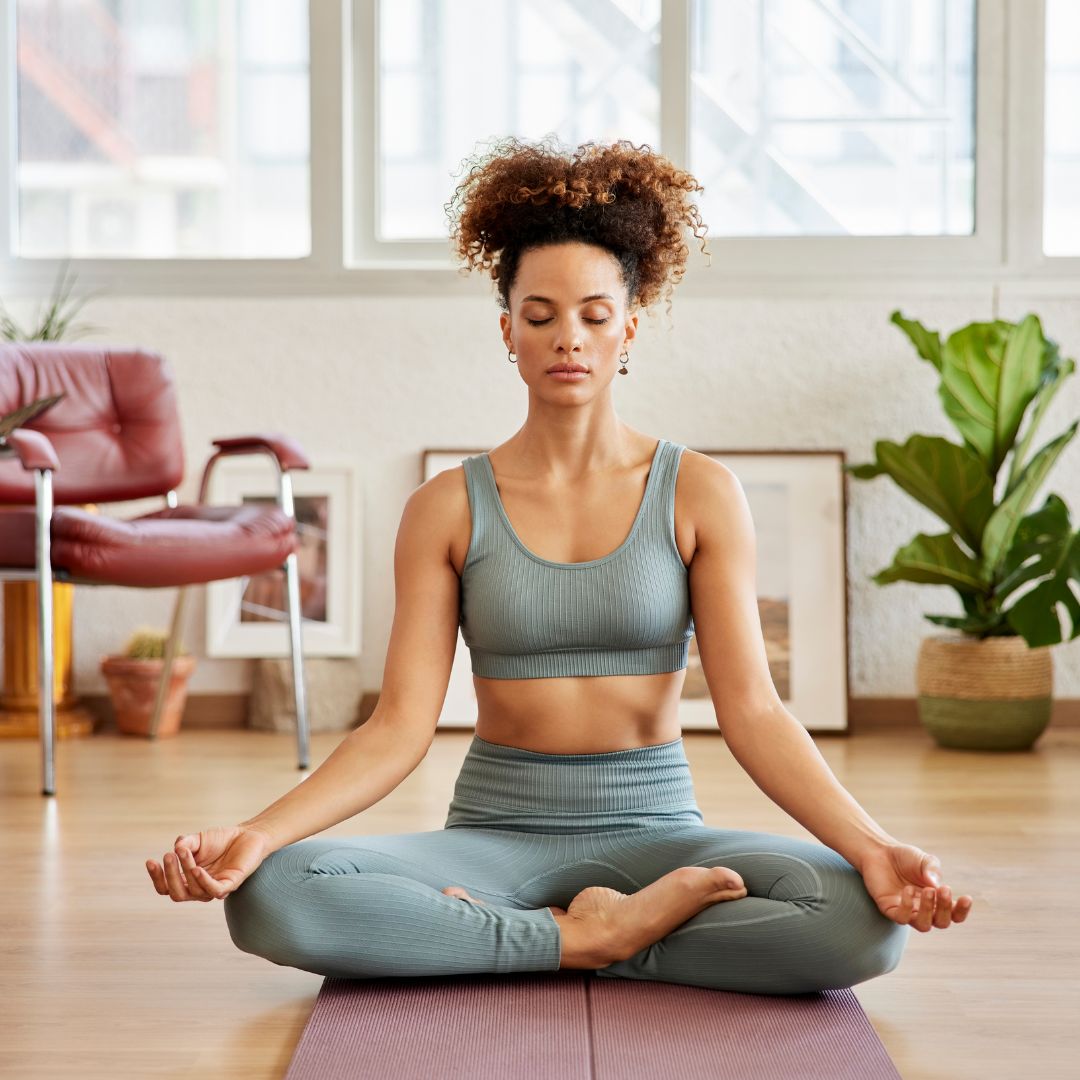 This app promises to be game-changing for your sleep and energy levels - what I thought after testing for a month
This app promises to be game-changing for your sleep and energy levels - what I thought after testing for a monthCould it really supercharge my energy levels?
By Ciara McGinley
